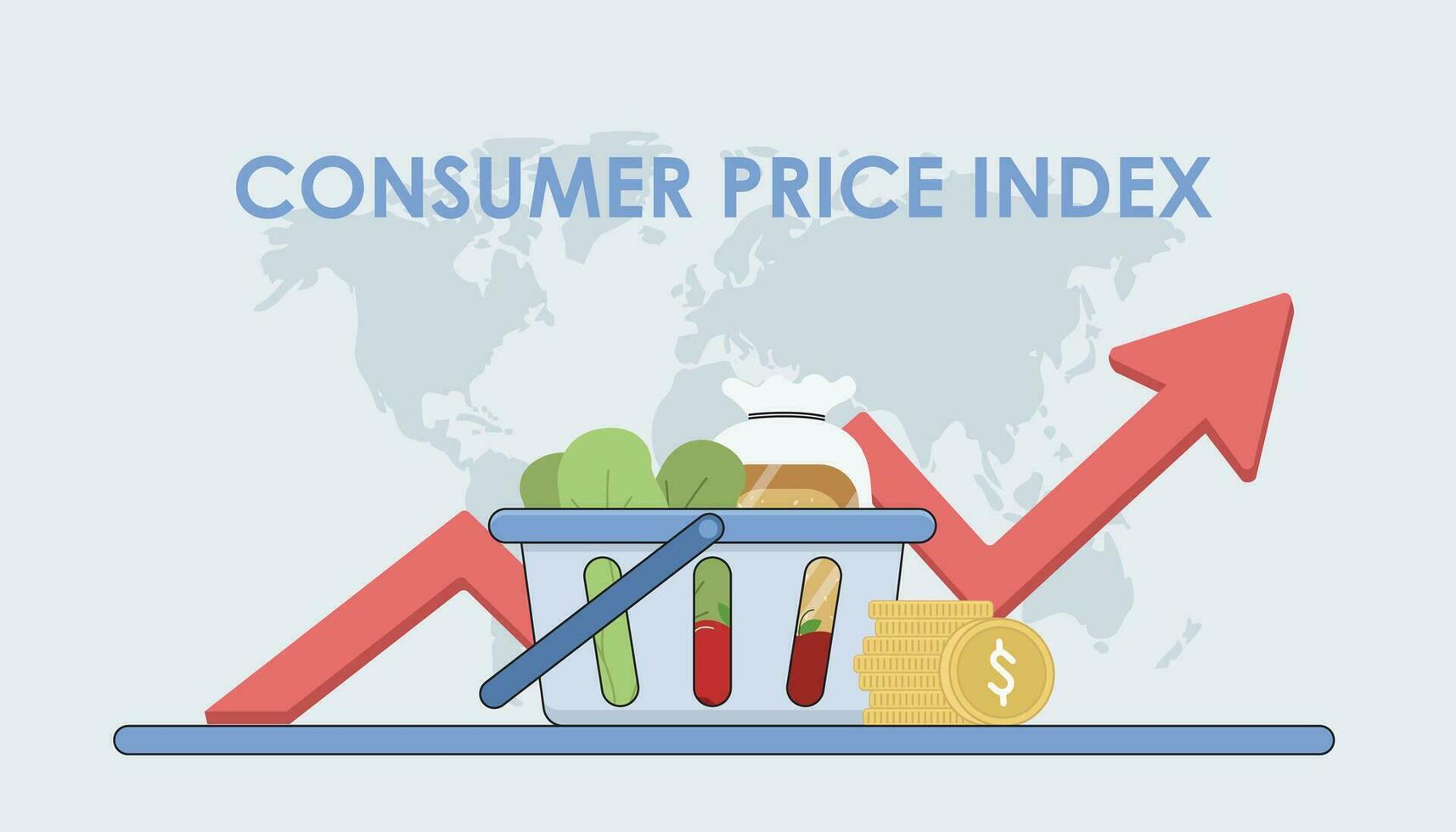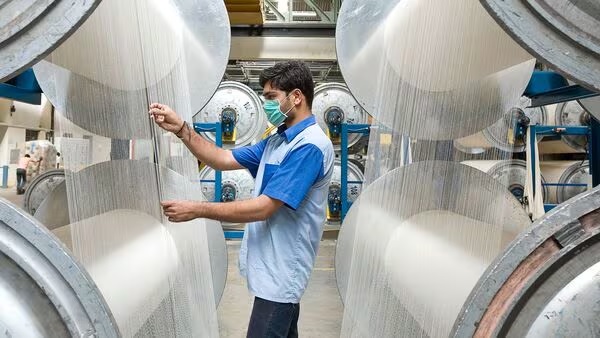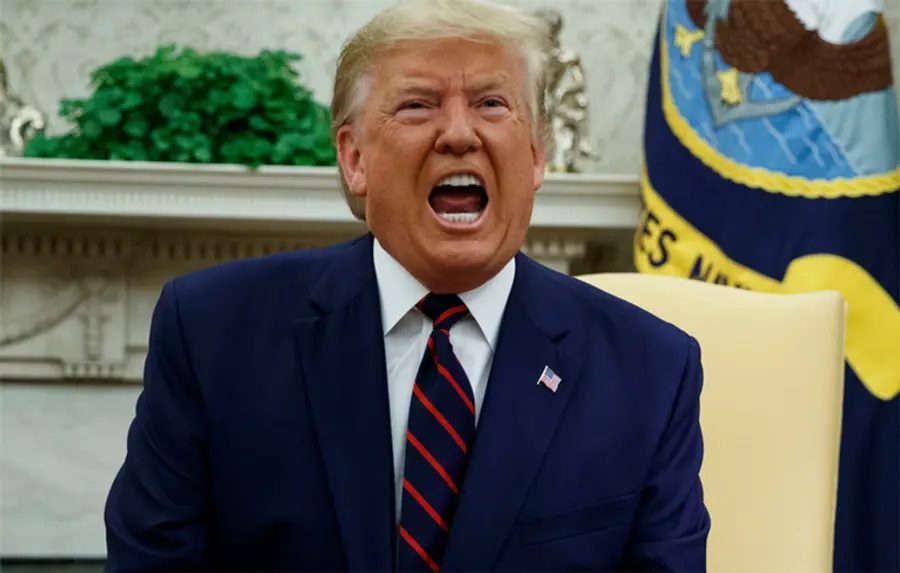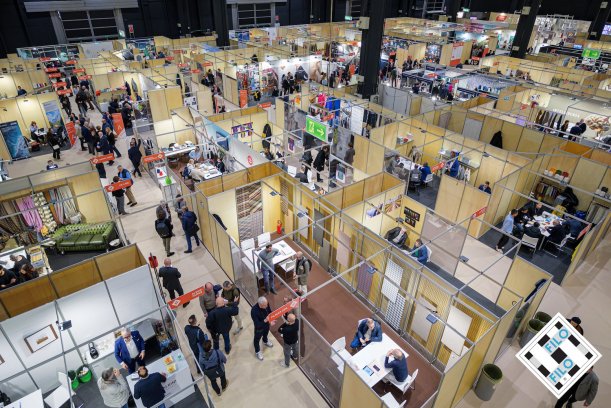
The 2024 Cotton Day event in Dhaka was marked by a strong statement from Showkat Aziz Russell, President of the Bangladesh Textile Mills Association (BTMA). His concerns over the reliability of Indian cotton imports have reignited a long-simmering debate between the two South Asian neighbors.
"A big portion of cotton comes from India," Russell pointed out, "But we want to shy away from India. Because, whenever our demand increases...they increase the price unethically or holding the shipment without valid reasons." He further criticized the lack of organic certification for cotton purchased from India, despite assurances from sellers.
This isn't the first time Bangladesh has aired such grievances. As the world's second-largest apparel exporter, Bangladesh heavily relies on cotton imports to fuel its massive garment industry. India, with its proximity and competitive pricing, has been a dominant supplier. However, the relationship has been punctuated by accusations of price manipulation, unpredictable export policies, and quality concerns.
Table: Historical tensions and data
Year Indian cotton exports to Bangladesh (in bales) Major issues 2010-11 1.8 million India imposed a ban on cotton exports, causing price spikes and supply disruptions in Bangladesh. 2016-17 2.8 million Concerns over dependence on a single source; price volatility due to Indian export policy fluctuations. 2020-21 2.2 million Delays in shipments and phytosanitary certification issues reported. 2023-24 (Data pending) Allegations of price gouging during periods of high demand; organic certification discrepancies.
A Chequered past
There is a history of tensions around cotton imports from India to Bangladesh. In 2010, India abruptly banned cotton exports, citing domestic needs. This sent shockwaves through the Bangladeshi textile industry, causing massive disruptions and price increases. The ban was eventually lifted, but the episode left deep scars and fueled distrust among Bangladeshi manufacturers. Allegations of price rise during period of high demand, certification issues etc have long plagued cotton trade between the two neighbours.
Indian perspective
Indian authorities and exporters have traditionally defended their practices. They argue that price fluctuations are a natural consequence of market forces and that any export restrictions are implemented to ensure domestic supply stability. They also point to efforts to improve trade relations, such as simplifying customs procedures and enhancing infrastructure at border points. As a a representative of the Cotton Association of India points out, "Indian exporters operate in a free market. Prices are determined by supply and demand. We are committed to fulfilling our export obligations."
However, the fact is the concerns raised by BTMA's president highlight the need for greater transparency and stability in the India-Bangladesh cotton trade. While geographical proximity and economic factors favor continued trade, both sides must address the underlying trust deficit. Meanwhile, Bangladesh is actively seeking to diversify its cotton import sources, exploring options in Africa and other regions. And calls for stronger bilateral agreements and dispute resolution mechanisms are growing louder. The future of this crucial trade partnership hinges on the willingness of both nations to forge a more equitable and reliable relationship.











